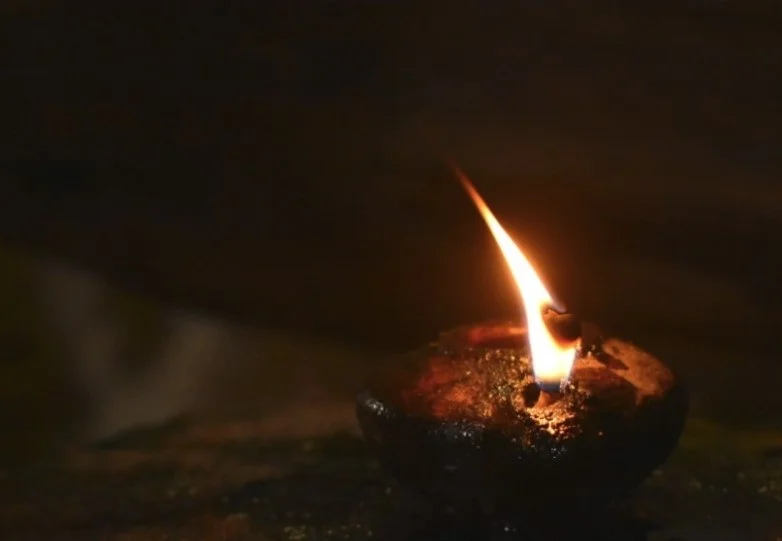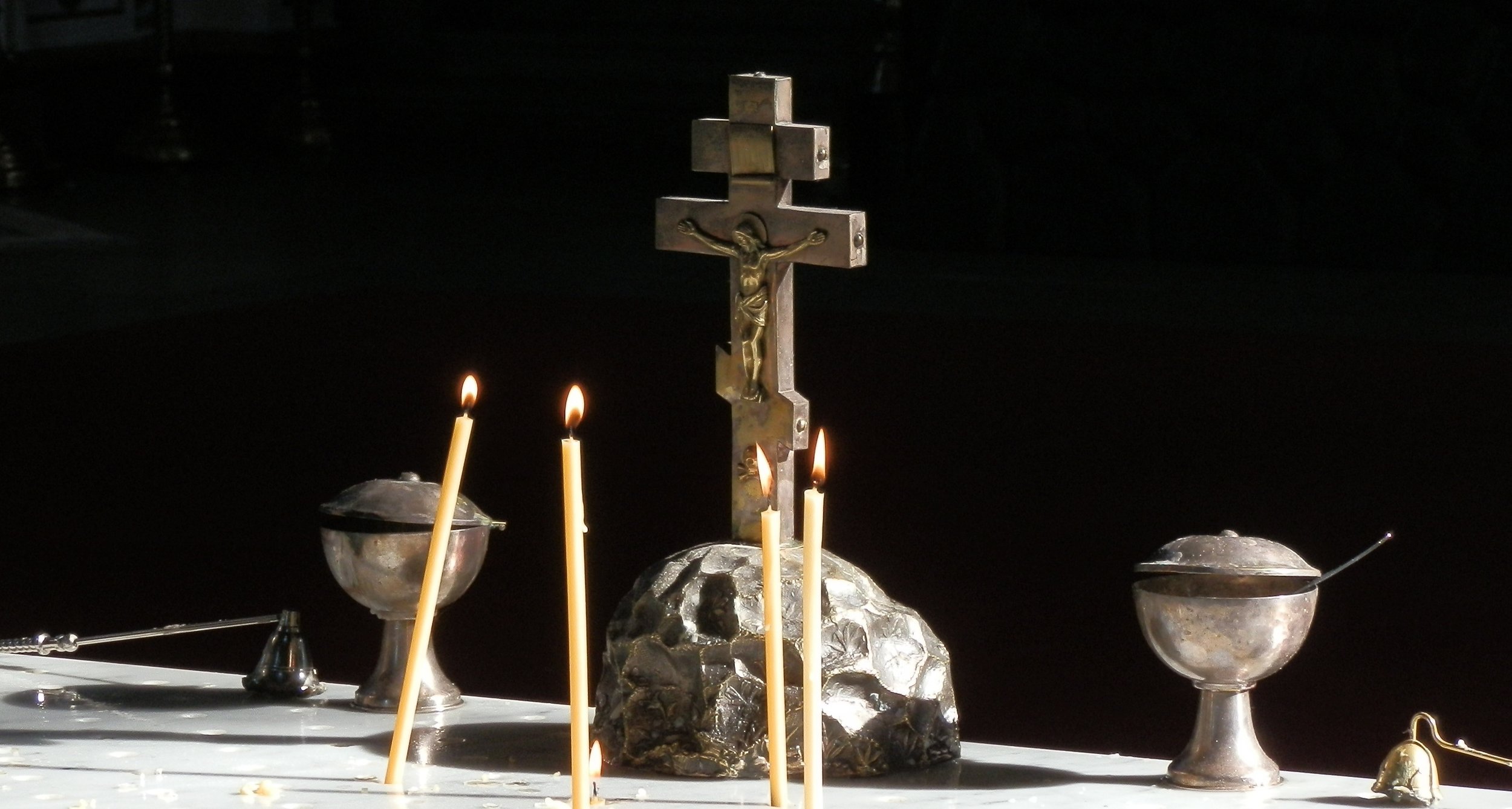Healing Atonement
Clement of Alexandria (c.150 - 215 AD)
An old clay oil lamp from Nazareth, Israel. Photo credit: Olivia Armstrong.
Messages and Essays on Clement of Alexandria
Penal Substitution vs. Medical Substitution: A Historical Comparison An analysis of the atonement theology ("medical substitution") of early church theologians, including Ignatius of Antioch, Irenaeus of Lyons, the Odes of Solomon, Justin Martyr of Rome, Melito of Sardis, Tertullian of Carthage, Methodius of Olympus, Athanasius of Alexandria (paper in progress to include later theologians, bishops, and councils)
The Writings of Clement of Alexandria
Clement of Alexandria, The Instructor book 1, chapters 7 - 10 discusses God being by nature good, and therefore does not take revenge, but chastises humans for doing evil, for our learning and growth in goodness
Clement of Alexandria, The Instructor book 2, chapter 10 discusses sin as self-harm: "And every one who sins, directly wrongs not so much his neighbour if he commits adultery, as himself..." which requires God to heal human nature
Clement of Alexandria, Stromata/Miscellanies book 2, chapter 20 discusses the purification of the soul through Christ: "There is one good, by whose presence is the manifestation, which is by the Son, and by Him alone can the heart become pure"
Clement of Alexandria, Stromata/Miscellanies book 7, chapter 6 discusses the biblical motif of fire: "fire sanctifies not flesh, but sinful souls"
Clement of Alexandria, Stromata/Miscellanies book 7, chapter 16 says God does not punish for its own sake, but only chastises to teach: "God does not punish, for punishment is retaliation for evil. He chastises, however, for good to those who are chastised"
Clement of Alexandria, Stromata/Miscellanies book 7, chapter 20 discusses human becoming as cultivation or deprivation of virtue: "As, then, the minutest particle of steel is moved by the [magnetic] spirit of the Heraclean stone... so also, attracted by the Holy Spirit, the virtuous are added by affinity... But those who are bad from infirmity, having fallen from vicious insatiableness into a depraved state, neither controlling nor controlled, rush round and round, whirled about by the passions, and fall down to the ground. For this was the law from the first, that virtue should be the object of voluntary choice."
Books and Articles on Clement of Alexandria
John Behr, Asceticism and Anthropology in Irenaeus and Clement. Oxford University Press | Amazon book, May 2017.
David Bradshaw, No Repentance After Death: Facing Hard Questions about Salvation. Orthodoxy and Heterodoxy | Ancient Faith, May 26, 2020. Bradshaw examines Clement of Alexandria, Gregory of Nyssa, John Chrysostom, Theophylact, Dorotheus of Gaza, Dionysius the Areopagite, and Maximus the Confessor.
Sources of Atonement Theology
These resources explore the foundation of “Medical Substitution” as the best understanding of the Bible, and the original understanding of the church. There are also links to books, web articles, etc. from representatives of the three broad Christian traditions.





